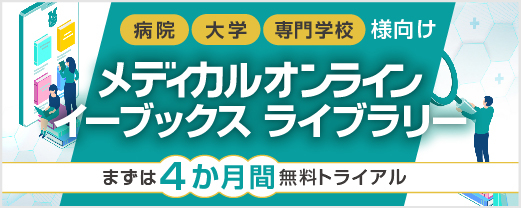| Abstract |
[Abstract] Based on a questionnaire of the students, the stress factors of the nursing students and the specific stress and coping behavior in the field clinical training are introduced. Common stressors across all grades included "multiple task" "a number of tests" and "interpersonal relationship" "school teachers' responses, unclear instructions, and unintended lectures". Stress reactions included emotional instability, such as "sleep deprivation" "decline in motivation" and "irritation/anger/aggressiveness" "tears come out/loneliness/sadness", and physical symptoms, such as "headache" "digestive symptoms" and "rough skin". In the stress of 2nd and 3rd grade students who experienced clinical training, the factors of "interpersonal relationship" and "oneself" increased. Because they repeat reflection during clinical training, students tend to associate the causes of stress with their own problems, such as "one's personality" "one's incompetence" and "I can't express my feelings well". Most of the coping behavior to the stress was "talking to friends, parents, and teachers/consulting/asking someone to listen/expressing something". "Interpersonal relationship" is a stressor, but on the other hand, it is an opportunity to know yourself objectively by talking about your relationship with others, which leads to the behavior to promote self-acceptance and find new solutions. Other coping behaviors are directly connected with "sleep deprivation" and "go to bed". "Go to bed" and "eating" are behaviors that preferentially satisfy physiological needs. Furthermore, actions such as "listening to music" "singing songs/Karaoke" and "explosive buying" as well as "watching videos" and "watching videos on YouTube" reflect the moods of the present times. As support for students, it is necessary for them to be involved in thinking about specific actions such as multiple tasks that cause "sleep deprivation", planning for studying for exams, and time management. In addition, even if the teachers listen to the student's story and "praises" or "acknowledges", the student's self-efficacy is low, so the student reacts with "I can't do it" or "I can't do that". Thinking alone can cause a negative chain. In order to prevent this negative chain and enable students to think for themselves and take concrete actions against stress, it is important for teachers themselves to improve their skills, and students can develop their stress management abilities and grow themselves. |



